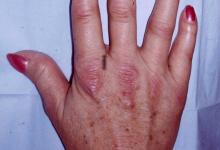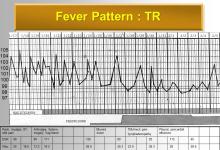Celecoxib Plus PPI Preferred in High Risk Patients Save

When do the risks outweigh the benefits of NSAIDs use, especially in those with prior cardiovascular and gastrointestinal events? The CONCERN study has tested the effects of proton-pump inhibitor (PPI) in preventing GI bleeds when using NSAIDs and ASA.
This pharma independent study performed in Hong Kong, identified patients with arthritis and cardiothrombotic diseases who were presenting with upper gastrointestinal bleeding, were on NSAIDs, and require concomitant aspirin. Over 70% of patients had osteoarthritis and onl 2-3% had rheumatoid arthritis.
After ulcer healing, patients resumed ASA 81mg qd and were randomized to receive either celecoxib 100 mg twice per day plus esomeprazole 20 mg once per day or naproxen 500 mg twice per day plus esomeprazole 20 mg once per day for 18 months. The primary endpoint was recurrent upper gastrointestinal bleeding within 18 months.
This single center study enrolled 514 patients, between 2005-2012. Recurrent upper gastrointestinal bleeding occurred in 14 patients (5.6%) in the celecoxib group and 31 patients (12.3%) in the naproxen group. The vast majority of these were gastric ulcers.
Thus, use of celecoxib plus PPI lowered the GI ulcer risk by 66% (hazard ratio 0·44, 95% CI 0·23–0·82; p=0·010).
The cumulative incidence of cardiovascular events was 4·4% (95% CI 2·4–7·7) in the celecoxib group and 5·5% (3·3–9·2) in the naproxen group (p=0·543; crude HR 0·78, 95% CI 0·36–1·73; p=0·544).
Adverse events were similar and no treatment-related deaths occurred during the study.
In high risk patients (fo both CV or GI events) who require concomitant aspirin and NSAID, celecoxib plus proton-pump inhibitor is the preferred treatment to reduce the risk of recurrent upper gastrointestinal bleeding. Naproxen failed to provide added cardiovascular safety.










If you are a health practitioner, you may Login/Register to comment.
Due to the nature of these comment forums, only health practitioners are allowed to comment at this time.